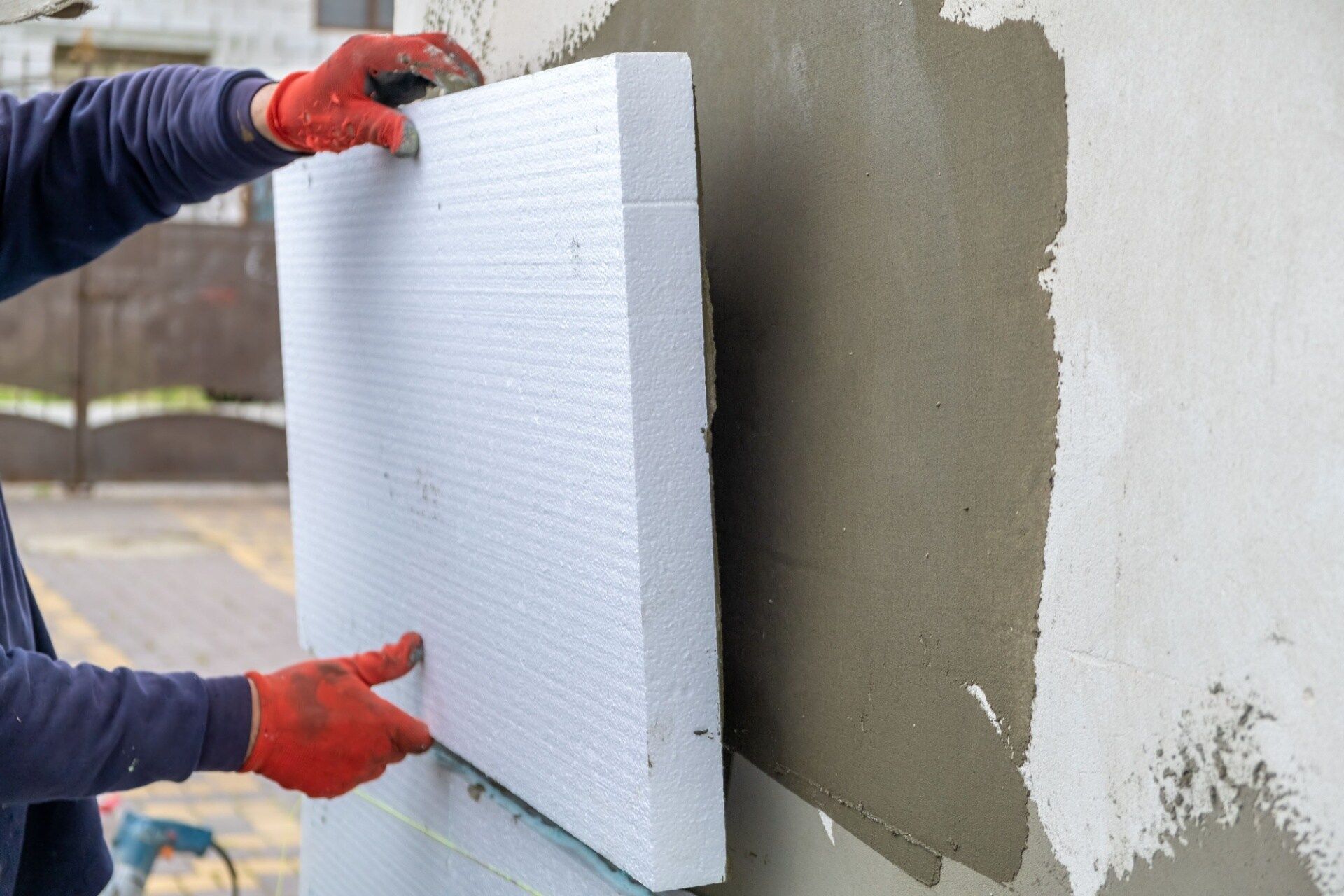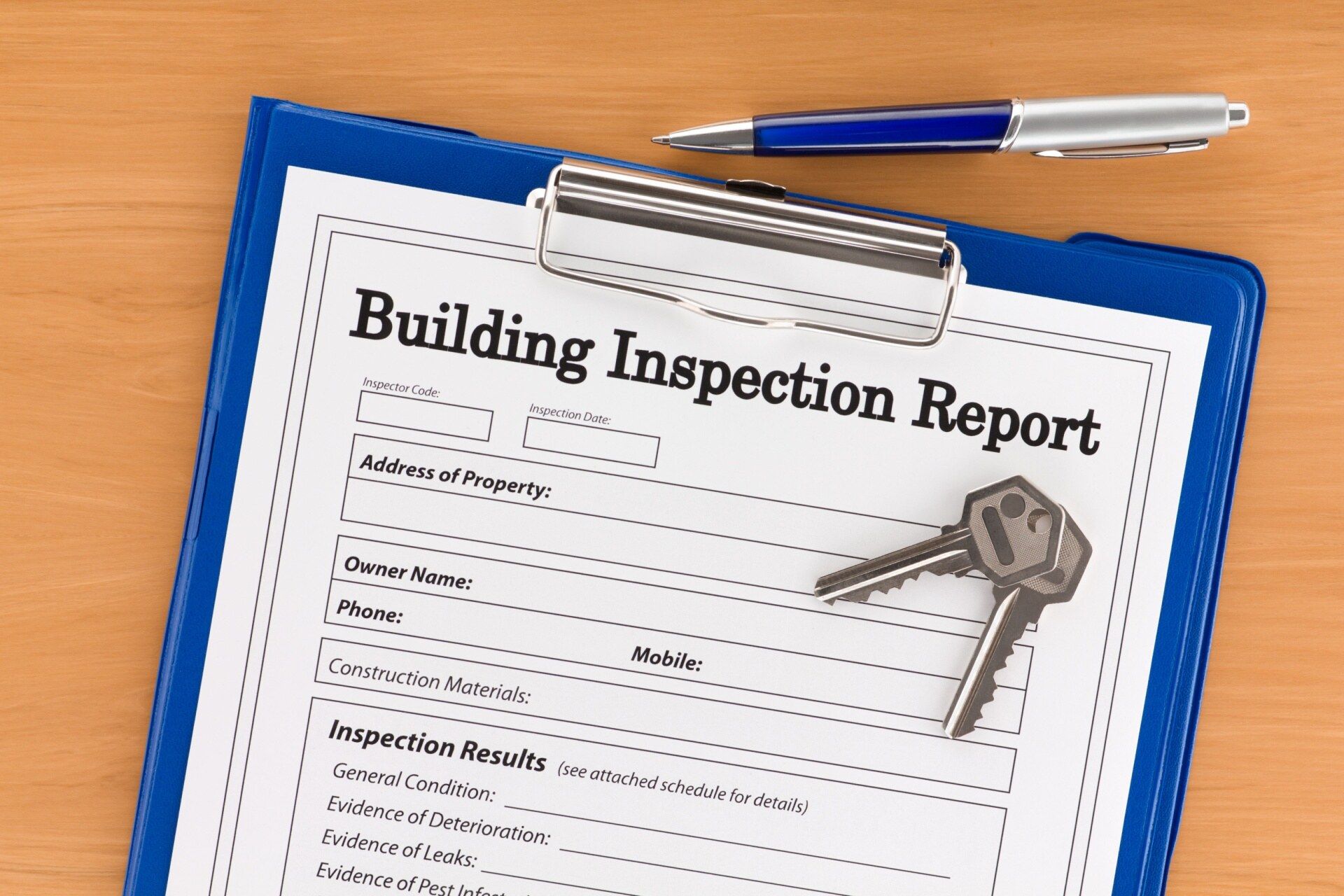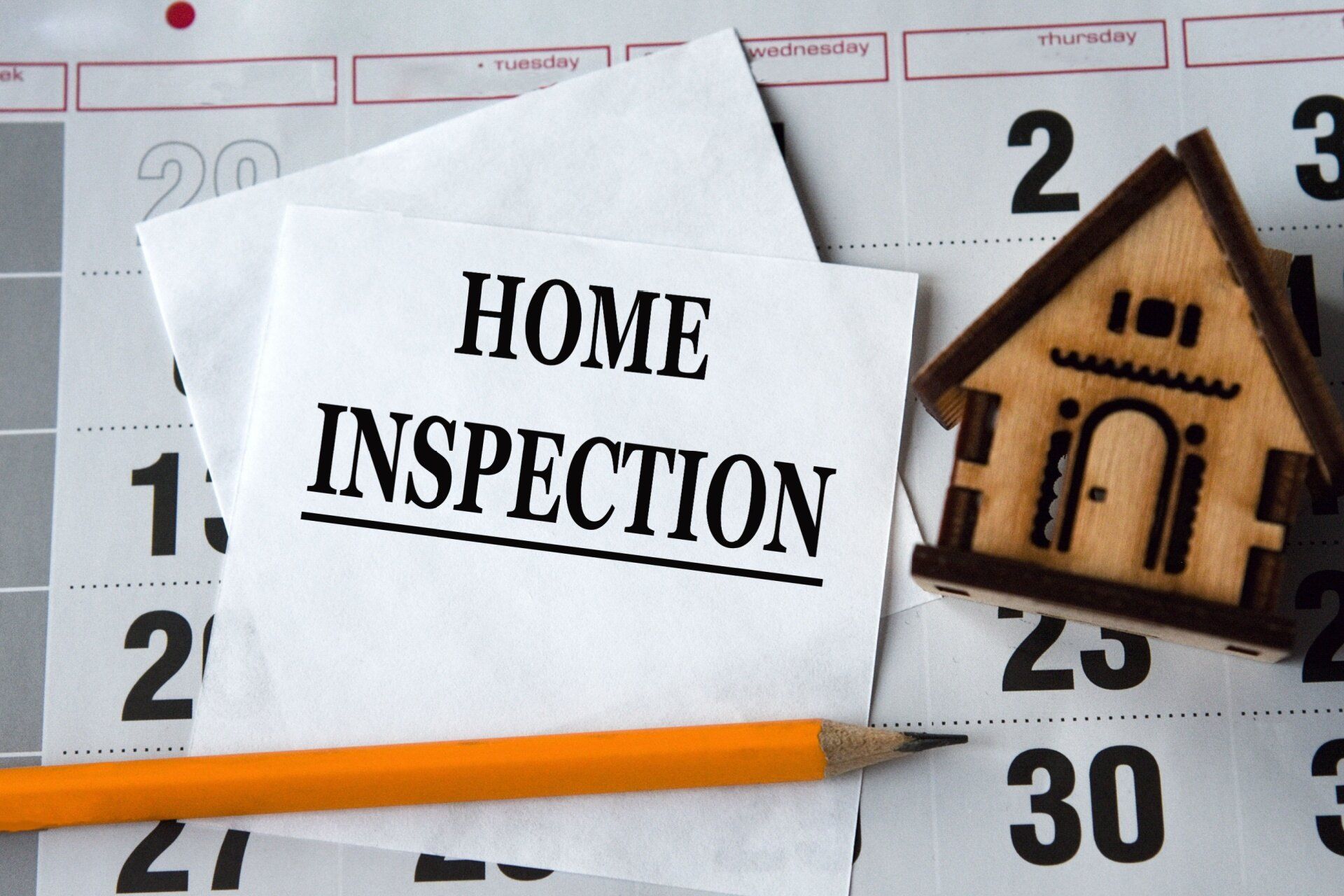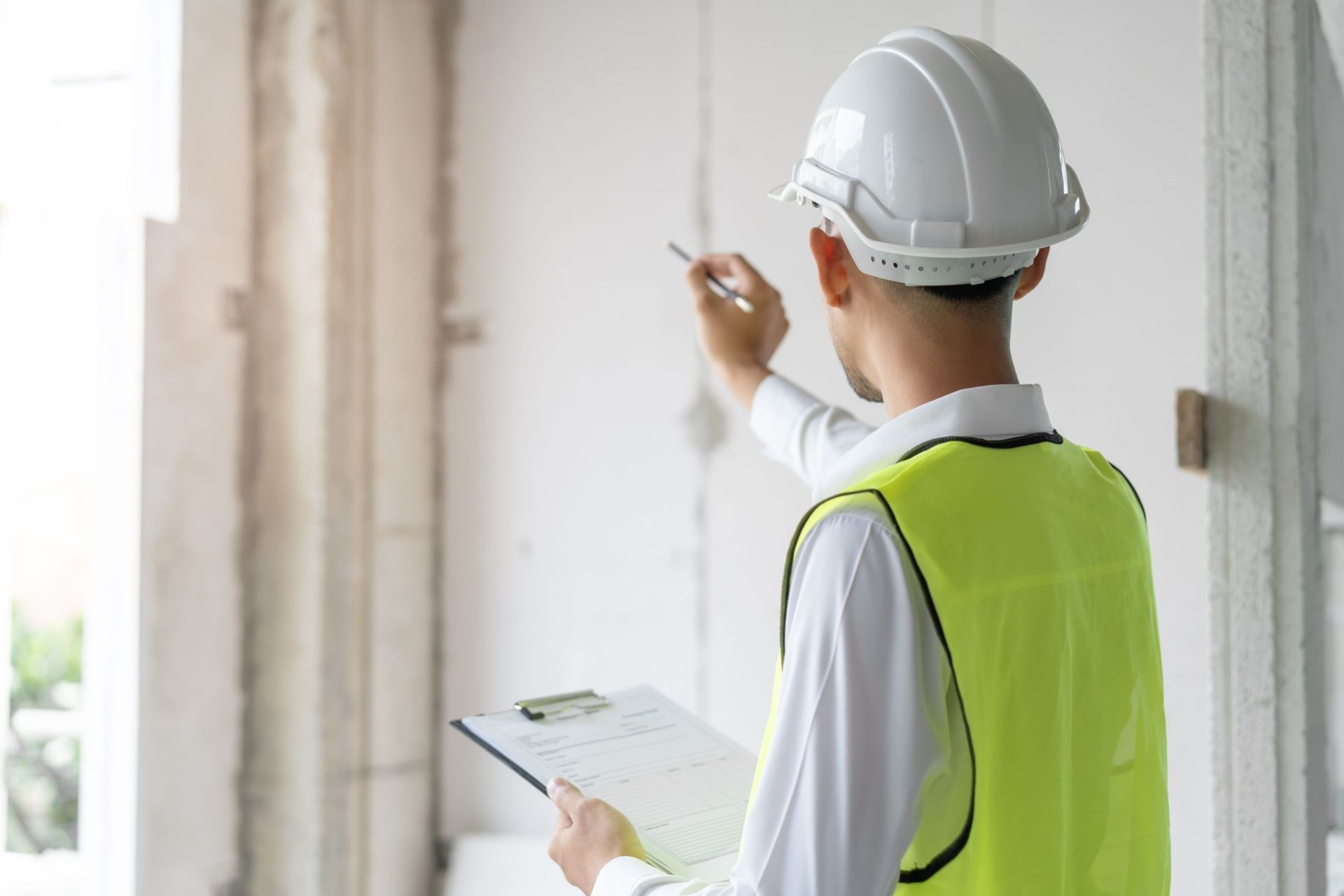What Buyers Need to Know About New Construction Inspections
Buying a brand-new home can be exciting! New construction homes are appealing because they offer the latest features, modern designs, and the chance to make your space your own. However, even though the home is new, getting a new construction inspection is still important.
Many buyers assume a new home doesn’t need an inspection, but that’s not always true. Let’s dive into what you need to know about new construction inspections and why they are crucial for buyers.
Why Do You Need a New Construction Inspection?
Just because a home is new doesn’t mean it’s free from issues. Even brand-new houses can have problems. Builders and contractors work on tight deadlines, and sometimes, things get missed. A
new construction inspection helps identify any potential issues before you move in.
An inspection can catch things like:
- Structural Problems: Issues with the foundation, framing, or roof.
- Plumbing and Electrical Issues: Faulty wiring or leaks in the plumbing system.
- Incomplete Work: Home areas, like missing insulation or unfinished drywall, need to be adequately finished.
These inspections provide peace of mind, letting you know your new home is safe and built to last.
When Should You Schedule the Inspection?
Timing is critical when it comes to new construction inspections. There are typically three phases when you can schedule your inspection:
1.Pre-Drywall Inspection: This is done before the walls are installed, allowing the inspector to check the foundation, framing, plumbing, and electrical systems. It’s an excellent opportunity to spot any issues that would be hidden once the walls are up.
2. Final Inspection: Once the home is complete, this is done before you close on the property. This is similar to a traditional home inspection but specific to new construction.
3. Warranty Inspection: Many builders offer a one-year warranty on new homes. A warranty inspection is done near the end of that first year, allowing the inspector to catch any issues that have developed since you moved in. This allows you to ask the builder to fix things before the warranty expires.
What Does a New Construction Inspection Cover?
A new construction inspection is similar to a standard home inspection. Still, it ensures the home is built correctly and meets all safety standards. Here’s what a typical inspection will cover:
- Foundation: The inspector checks for cracks or signs of shifting that could affect the home’s stability.
- Roof and Attic: They inspect the roof for leaks and ensure proper ventilation in the attic.
- Plumbing: The inspector will check for leaks and ensure proper water pressure.
- Electrical Systems: They’ll check the wiring, outlets, and circuit breakers to ensure the electrical system is safe and functioning correctly.
- HVAC System: The heating, ventilation, and air conditioning systems are inspected to ensure they’re installed correctly and working efficiently.
- Windows and Doors: The inspector will check for proper installation, ensuring no drafts or gaps.
- Appliances: If the home has appliances, the inspector will ensure they are correctly installed and working.
The goal is to ensure the home is safe, functional, and up to building standards.
Common Issues Found in New Construction Homes
While most new homes are built well, there are some common issues that inspectors often find. Being aware of these can help you understand why inspections are so necessary:
1.Poor Grading and Drainage: Sometimes, the land around the home isn’t graded correctly, which can cause water to pool near the foundation. This can lead to water damage over time.
2. Improper Insulation: In some cases, contractors rush the insulation installation, leading to gaps that can cause energy efficiency problems.
3. Roofing Issues: Missing or improperly installed shingles can lead to leaks, even in a brand-new home.
4. HVAC Problems: The ductwork that isn’t sealed correctly can cause the HVAC system to work harder than it should, leading to higher energy bills and potential breakdowns.
5. Window and Door Problems: Windows and doors that aren’t installed correctly can cause drafts and make it challenging to regulate the temperature inside the home.
What Happens After the Inspection?
Once the inspection is complete, the inspector will provide a
detailed report. This report will highlight any issues they found and recommend repairs or adjustments. You can then take this report to your builder and ask them to address the problems before you close on the home.
Reviewing the inspection report carefully and discussing any concerns with the inspector and your builder is essential. If the issues are significant, you may want to delay closing until everything is fixed.
Can You Trust a Builder’s Inspection?
Some builders may offer to have their inspector go through the home. Still, it’s always a good idea to hire an independent inspector. While the builder’s inspector may do a good job, they might not be as thorough as an inspector working for you. An independent inspector will provide an unbiased opinion and ensure you’re fully aware of any issues.
The Cost of a New Construction Inspection
The cost of a new construction inspection can vary depending on the size of the home and the location. However, the investment is well worth it. The peace of mind you get from knowing your new home is safe and free from significant issues is invaluable. Plus, catching problems early can save you money in the long run, as fixing issues before you move in is often easier.
Conclusion
Getting a new construction inspection is an essential step in the home-buying process. From structural problems to incomplete work, a new construction inspection can help you avoid costly repairs. Don’t skip this crucial step—protect your investment and confidently enjoy your new home.
Schedule your new construction inspection with
Protec Inspections today to ensure your new home is built right!
Disclaimer: The information on this website and blog is for general informational purposes only and is not professional advice. We make no guarantees of accuracy or completeness. We disclaim all liability for errors, omissions, or reliance on this content. Always consult a qualified professional for specific guidance.





